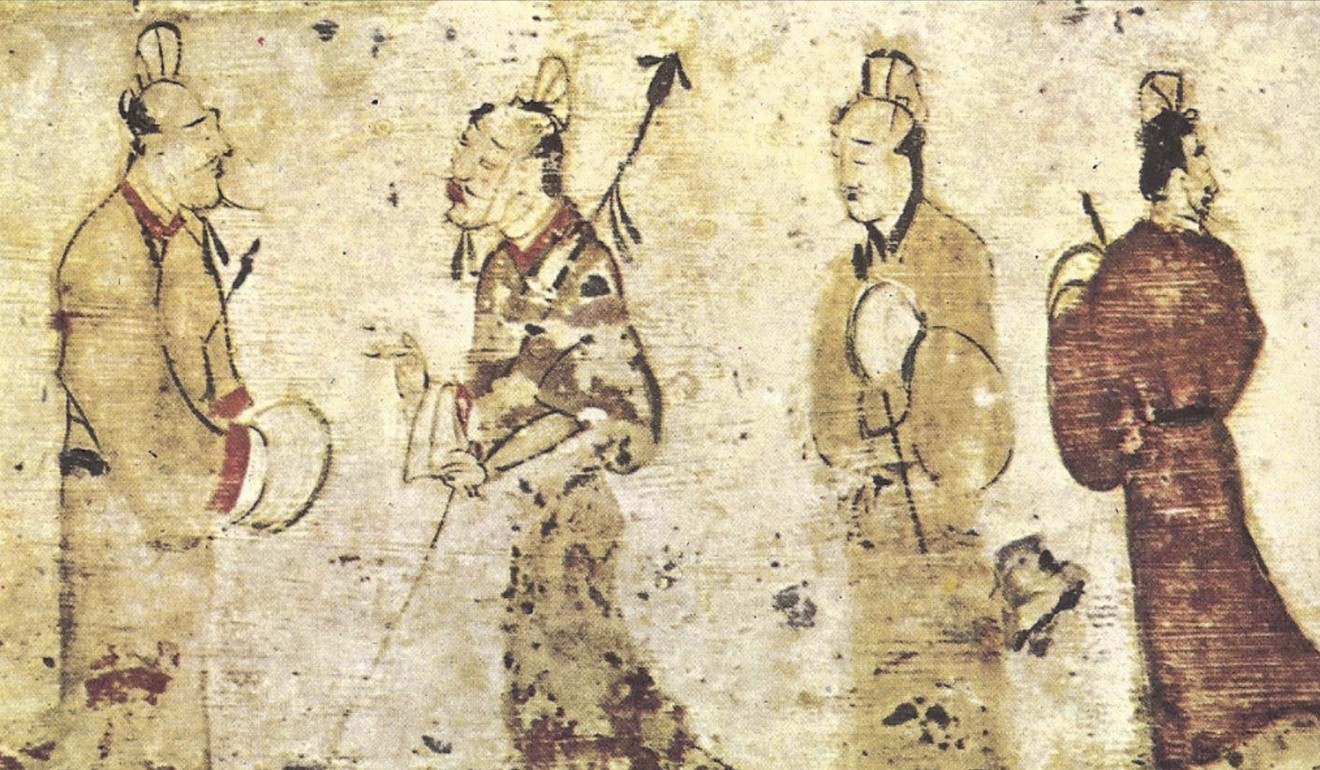
Hong Kong’s ugly social narrative has echoes of ancient China’s political arena
Repugnant comments aimed at a bereaved mother and an elected official’s call to kill are not nice developments, but neither are they new ones
A common thread in recent conversations with friends is just how ugly Hong Kong society has become. As if the malicious words that appeared on the “democracy wall” at a local university, congratulating Undersecretary for Education Christine Choi Yuk-lin for her son’s suicide, weren’t repugnant enough, elected Legislative Council member Junius Ho Kwan-yiu recently called for Hong Kong independence activists to be “killed without mercy” – shocking words from a former president of the Law Society.

Today, Hongkongers of different political persuasions are refusing to talk to one another rationally, much less meet somewhere in the middle, but political factionalism was practically a given in China’s past. Hostilities between political cliques were especially rife in the Eastern Han (AD25-220), mid-Tang (766-835), Northern Song (960-1126) and late Ming (the 1570s-1644) periods, to the point where political debate descended into vicious personal attacks, adversaries opposed each other’s policies for the sake of opposing, and good governance was held ransom to factional rivalries – all rather familiar in present-day Hong Kong.

The fighting got so ugly, the Tang dynasty’s Emperor Wenzong once said, ruefully, that “it is easier to wipe out the bandits north of the Yellow River than it is to stop the factional warfare at court”.

